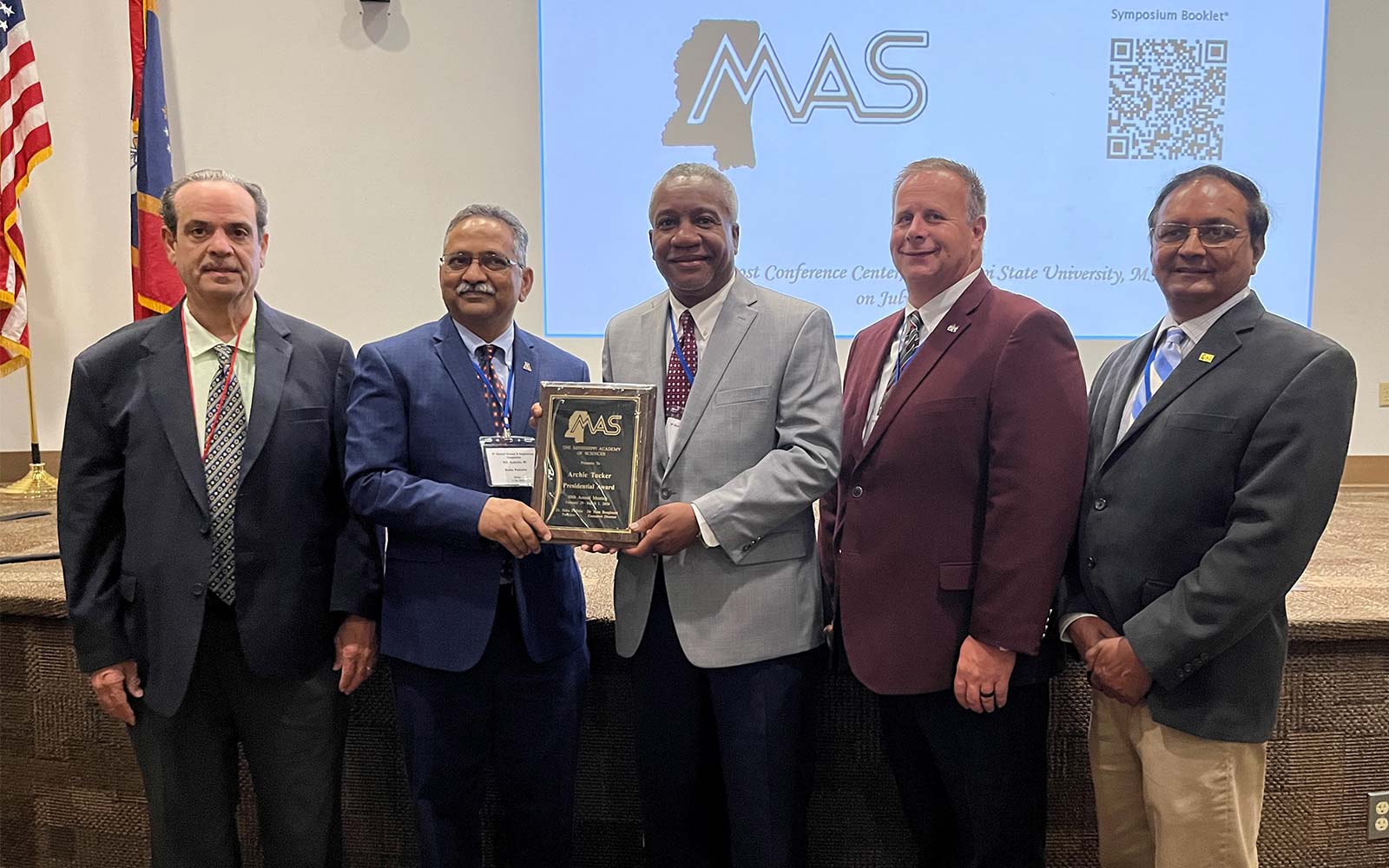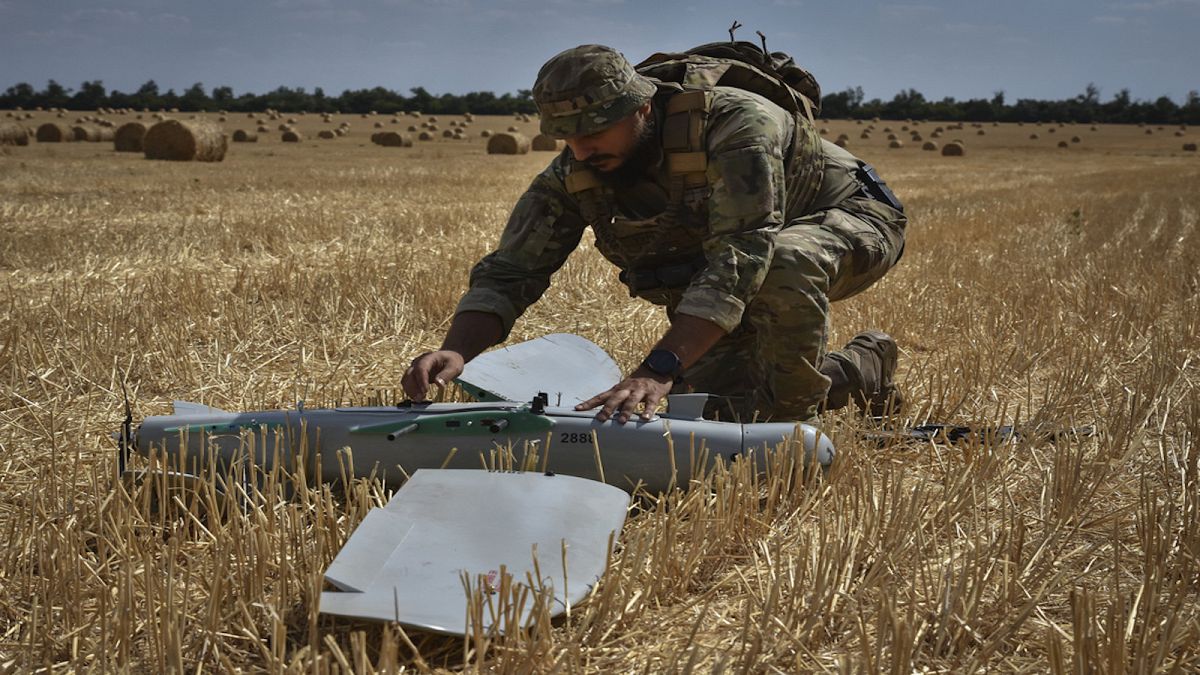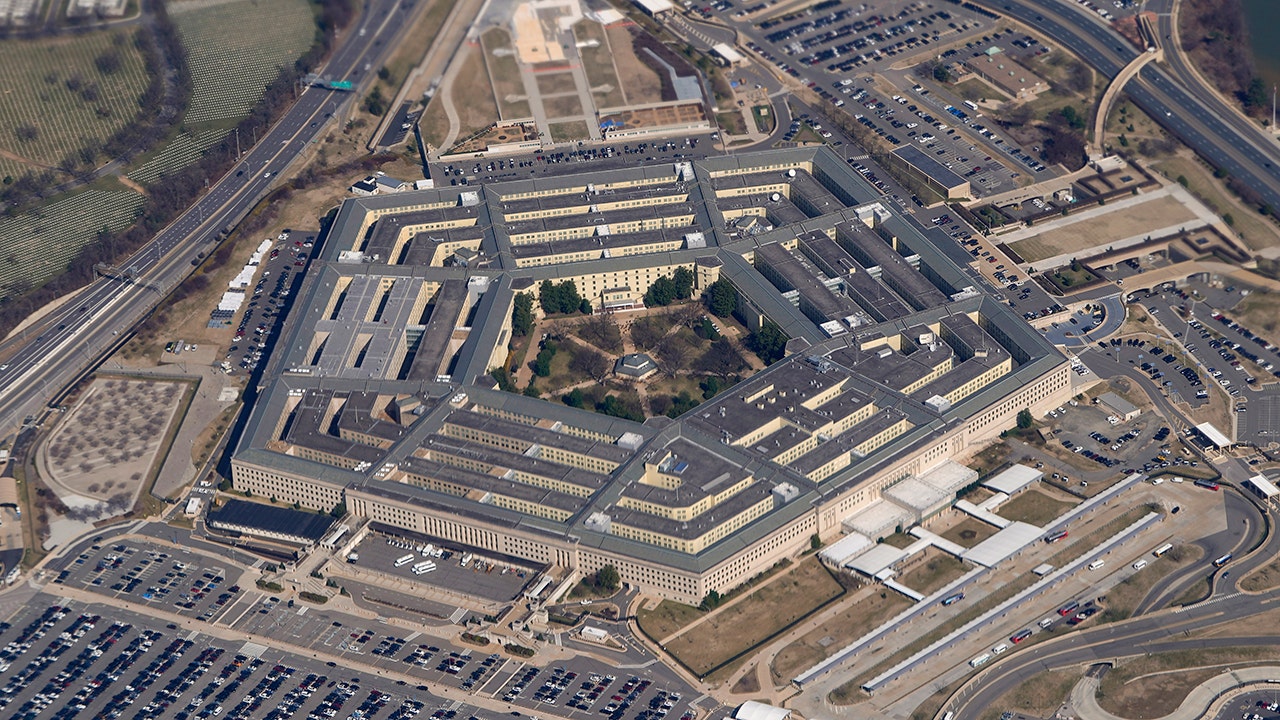North Carolina
Sterilization Surge: Some doctors say abortion restrictions are driving N.C. women to choose permanent birth control

By Michelle Crouch
For years, Katie and her husband have used traditional forms of birth control to prevent pregnancy. The 28-year-old knew that if it failed, she could always get an abortion.
The Concord woman explained that she has never wanted children. She also takes medication that could cause complications if she were to get pregnant.
When the U.S. Supreme Court overturned Roe v. Wade last summer, Katie –who declined to share her last name to protect her privacy – began to think she needed more protection. Then, this spring, North Carolina lawmakers approved a 12-week restriction on abortions, and that confirmed Katie’s decision.
She had her fallopian tubes removed last week by a Charlotte doctor.
“People may say, ‘What if you regret it?’ But I think it’s a far greater risk to have children and regret having them,” Katie said. “I would never want to bring someone into the world and then resent them.”
Katie is among a growing number of women in North Carolina choosing permanent sterilization in the wake of new abortion restrictions, four doctors told The Ledger/NC Health News.
The doctors noted that a large number of patients, like Katie, are younger than 30 and child-free.
“In the past year, I’ve had at least 50 percent more consultations than I did before,” said Jennie Hauschka, a gynecologist at Tryon Women’s Center in Charlotte, a division of Tryon Medical Partners. “Abortion is referenced as an aside. They’ll say, ‘If something were to happen, I don’t have that to fall back on anymore.’”
Sterilizations doubled at one UNC Health practice
Amy Bryant, an obstetrician-gynecologist at UNC Health, said the number of sterilization procedures performed by her OB-GYN group has doubled during the past year.
While many patients are young people who don’t want children, other patients are spurred by the fear that lawmakers will impose more restrictions on contraception, or that they won’t be able to have a say in what happens to them, Bryant said.
“The fear is real,” Bryant said. “Patients are expressing the need to exercise autonomy over their own bodies.”
Even before the abortion restrictions, a growing number of U.S. adults were choosing not to have children. A 2019 report by the Pew Research Center found that some 44 percent of adults age 18 to 49 said it’s “not too likely” or “not at all likely” that they’ll have kids one day, a 7 percentage point increase from 2018.
Kavita Arora, division director for general obstetrics, gynecology and midwifery at the UNC School of Medicine, said patients have told her they “feel like they no longer have wiggle room, that the margin of error is gone.”
“I do worry that patients are being pushed into a permanent surgery they would not otherwise be considering outside of state law,” Arora said.
Atrium Health declined to let its doctors be interviewed for this story even though three physicians said they were willing to talk to our reporter. “We are not doing interviews right now because it’s too early to know the effects of the law,” a spokeswoman wrote in an email.
A Novant Health spokeswoman said the doctors she contacted haven’t seen an increase in requests for sterilization.
The Ledger/NC Health News talked to one doctor who said she hadn’t seen an increase. She also said her practice consists largely of older patients.
Not just in North Carolina
Concrete statistics are hard to come by, but the doctors interviewed by The Ledger/NC Health News said they talk frequently with other North Carolina OB-GYNs, and they believe sterilizations are up across the state.
Doctors across the country have seen a similar trend since the Supreme Court decision, according to reporting by national media outlets.
The week after the ruling, web searches for terms such as “tubal ligation” and “tubes tied” tripled, both in North Carolina and nationwide, according to Google data.
There has also been a spike of interest on social media. For instance, over the past year, a Facebook group called “Childfree and sterile/seeking sterilization” has grown from 4,700 members to more than 7,400, a moderator told The Ledger/NC Health News.
“Put an IUD in my daughter”
In addition to sterilization, some doctors say the abortion changes have prompted more patients to consider long-acting forms of contraception like IUDs, which have to be inserted by a health care provider. They are less likely to fail than other types of birth control.
Alyse Kelly-Jones, a gynecologist at Tryon Women’s Center in Charlotte, said she has seen a “definite uptick” in the number of women requesting IUDs, with some patients specifically referencing the current political climate. Others are trying to protect their children.
“I’ve had some moms bringing in their teenage daughters who aren’t even ready for contraception saying, ‘Put an IUD in my daughter,’” Kelly-Jones said.
Men also getting snipped
Men apparently are also taking additional steps to protect against unplanned pregnancies. Like urologists nationwide, Manish Damani of Urology Specialists of The Carolinas in Charlotte said requests for vasectomies have surged.
Damani has also seen a dramatic shift in his patient demographics over the past year.
“Before, I would see mostly men 30 and above who wanted vasectomies,” he said. “Now, about half are aged 18 to 25 and have no children. It’s amazing what we’re seeing now. I’ve literally had a lot of them come in with their parents.”
Damani said many men ask if they can do a reversal down the road. He tells them there’s no guarantee, but that his reversal success rate is 82 to 99 percent, depending largely on how long it’s been since the patient’s vasectomy.
When women choose to get sterilized, however, reversal is rarely an option.
The standard female sterilization procedure is called a salpingectomy, which is the removal of the fallopian tubes that connect ovaries to the uterus. The procedure has a lower chance of failure compared to a traditional tubal ligation (getting your “tubes tied”) and reduces ovarian cancer risk. But it can’t be reversed.
Some doctors turn down young people
Because it’s permanent, some doctors are reluctant to do salpingectomies in patients under a certain age. Hauschka and Bryant both said they’ve had patients who have been to other doctors who wouldn’t do the procedure.
“*” indicates required fields
Sign up for our Newsletter
Some physicians worry that young people may jump on the “child-free” bandwagon without taking into account how much their lives could change in the coming decades.
One 1999 study found patients sterilized before age 30 were more than three times as likely to have regret than patients older than 30. However, women under 30 who never had children and chose sterilization had significantly lower rates of regret than those who had had children already before undergoing sterilization, the study showed.
Doctors who do the sterilizations said they have to walk a fine line. They want to ensure that their patients understand the risks and consequences of their decision, including the risk of regret, while still allowing patients to have autonomy over their bodies.
Armed with a “sterilization binder”
Katie said she brought a “sterilization binder” to her first appointment to talk about the procedure. It was an idea recommended by a social media group for child-free young people pursuing sterilization.
Katie’s binder included a statement of consent, her views on pregnancy and parenthood, a release of liability and her answers to questions the doctor might ask. “I had about 20 pages that said, ‘I understand the risk, I understand I might change my mind, I understand this is permanent and I won’t hold you liable,’” Katie said.
Katie said her doctor said she didn’t need to look at the binder after talking with Katie, and the surgery happened last Thursday. On Friday, Katie said the procedure went smoothly and she was recovering at home.
“I’m happy it all went well, and having it over is such a relief,” she said. “This is me protecting myself, and I don’t have to worry about pregnancy anymore.”

North Carolina
Tropical weather update for Wilmington: What we can expect and when

The National Hurricane Center continues to monitor a tropical depression over Cuba. It’s expected to become a tropical storm later Saturday, bringing impacts to the Carolinas around the middle of next week.
Heavy rainfall and flooding are the primary impacts expected, according to the National Weather Service in Wilmington.
“Gusty winds are also possible, but it is too early to predict specific impacts in great detail at this time,” the weather service said.
At the same time, there is the potential for heavy rainfall and some flooding associated with front expected to stall inland this weekend.
As of 11 a.m. Saturday, the center of the tropical depression, which would be name Debby if it becomes a tropical storm, was over Cuba and moving west-northwest near 15 mph. The hurricane center said a turn toward the northwest is forecast for Saturday, followed by a northward motion on Sunday and then a slower northeastwardmotion Sunday night and Monday.
Maximum sustained winds were near 35 mph. Slow strengthening is expected throughout the day Saturday. Faster strengthening is possible Sunday, with the storm nearing hurricane strength when it reaches the Florida Gulf Coast, the hurricane center said.
STORM TRACKER: Monitor the latest tropical developments here.
Here’s a look at what we can expect in the Wilmington area, according to the latest briefing from the National Weather Service in Wilmington.
Wind
The probability of tropical storm force winds has increased, especially for the South Carolina coast. The most likely time of arrival of for northeast South Carolina is Tuesday night into Wednesday morning, and for Southeastern North Carolina is during Wednesday morning.
Rain
The potential for significant rainfall exists with 8 to 12 inches possible from near Cape Fear to portions of thenortheast South Carolina coast. Flash flooding and urban flooding are possible. Some rivers, including the North Cape Fear River and the Waccamaw River, could exceed flood stage next week.
INTERACTIVE MAP: Enter your address to see hurricanes, tropical storms that have passed nearby
Marine impacts
Rough surf, including dangerous rip currents, and hazardous marine conditions are expected this weekend and will persist into the upcoming week.
Are you prepared for a hurricane?
Hurricane season runs from June 1 to Nov. 30. Even if this system won’t pose a threat to the NC coast, it’s never too early to be prepared.
GET READY: Are you prepared for a hurricane? Here’s what to know if you live in the Wilmington area.
North Carolina
Tropical Depression Four forms on its way to the Gulf of Mexico

As of the 5 AM update Friday, Tropical Depression Four has formed. Areas along the East Coast including North Carolina need to continue monitoring this system. Winds are at 30 MPH and gusts are up to 40 MPH. The pressure dropped to 1009 mb and is moving to the west at 16 mph. TD 4 is expected to become Tropical Storm Debby over the weekend. Tuesday night and Wednesday are First Alert Weather Days due to the threat to ENC from this system but we may need to adjust the timing as we get closer.
It’ll move slowly before escaping to the north next week. As it moves up the East Coast, there’s a lot more uncertainty about the track and threats. We expect the track of this system to change through the weekend and even into next week. If ENC sees impacts from this system, they’d likely come mid-week. The longer this system stays over land, the weaker it’ll be. It’ll have the chance to strengthen if it moves back over open water, especially if it moves over the warm waters of the Gulf Stream.
The speed of this system is just as important as the strength. The quicker it moves through, the less rain piles up. If it slows down or stalls, higher rainfall amounts would be expected. Our river levels have dropped a bit since July’s wet weather, but levels are still higher than what you’d find in a typical August.
This is a reminder that we are heading into the heart of the hurricane season and to make sure your emergency supplies are ready.
Stay with WITN and WITN.com as we continue to track this system over the coming days and monitor the 2024 Atlantic hurricane season.
Copyright 2024 WITN. All rights reserved.
North Carolina
Alabama man on work trip stops to buy $3 quick pick Powerball ticket, wins 6-figure jackpot

Christopher Baker of Leesburg, Alabama was on a work trip in Hickory, North Carolina, when he thought he’d try his luck on a lotto game. It turned out to be a lucrative Powerball win.
An Alabama man on a work trip in North Carolina bought a $3 Quick Pick Powerball ticket on a whim and walked away with a six-figure windfall.
Christopher Baker of Leesburg in northeastern Alabama bought his lucky ticket in July in Hickory, North Carolina, where had been traveling for work, according to Powerball.
When the numbers were drawn, Baker says he had to do a double-take when he realized he had a $100,000 winning ticket. He had matched four white balls and the red Powerball, which would have been $50,000, but a 2X multiplier doubled the win and the disbelief.
“I just kept looking at it to make sure I was reading it right,” he laughed, according to Powerball. “I told my family but they didn’t believe me. either.”
Baker, who called his win “a shocker.” said he plans to save his winnings to buy a house.
Baker will take home $71,501 after federal and state taxes are withheld.
How to play the Powerball
In order to purchase a $2 Powerball ticket, you’ll have to visit your local convenience store, gas station or grocery store − and in a handful of states, you can purchase tickets online.
To play, you will need to pick six numbers in total to mark on your ticket. Five numbers will be white balls ranging from numbers 1 to 69. The Powerball is red and one number which is between 1 and 26.
If you want to increase your chances of winning, you can add a “Power Play” for $1 which increases the winnings for all non-jackpot prizes. This addition can multiply winnings by 2X, 3X, 4X, 5X, or 10X.
Players can also ask a cashier for a “Quick Pick” where a cashier will give you a computer generated numbers on a printed Powerball ticket.
Drawings are held on Monday, Wednesday and Saturday nights. If there’s no jackpot winner, the cash prize will increase by millions.
Where to purchase tickets
Tickets can be purchased in person at gas stations, convenience stores and grocery stores. Some airport terminals may also sell lottery tickets.
You can also order tickets online through Jackpocket, the official digital lottery courier of the USA TODAY Network, in these U.S. states and territories: Arizona, Arkansas, Colorado, Idaho, Massachusetts, Minnesota, Montana, Nebraska, New Hampshire, New Jersey, New Mexico, New York, Ohio, Oregon, Puerto Rico, Texas, Washington D.C. and West Virginia. The Jackpocket app allows you to pick your lottery game and numbers, place your order, see your ticket and collect your winnings all using your phone or home computer.
Jackpocket is the official digital lottery courier of the USA TODAY Network. Gannett may earn revenue for audience referrals to Jackpocket services. Must be 18+, 21+ in AZ and 19+ in NE. Not affiliated with any State Lottery. Gambling Problem? Call 1-877-8-HOPE-NY or text HOPENY (467369) (NY); 1-800-327-5050(MA); 1-877-MYLIMIT (OR); 1-800-981-0023 (PR); 1-800-GAMBLER (all others). Visit jackpocket.com/tos for full terms.
-

 Mississippi4 days ago
Mississippi4 days agoMSU, Mississippi Academy of Sciences host summer symposium, USDA’s Tucker honored with Presidential Award
-

 World1 week ago
World1 week agoTyphoon Gaemi barrels towards China’s Fujian after sinking ship off Taiwan
-

 News1 week ago
News1 week agoVideo: Biden Says It’s Time to ‘Pass the Torch’ to a New Generation
-

 Politics6 days ago
Politics6 days agoRepublicans say Schumer must act on voter proof of citizenship bill if Democrat 'really cares about democracy'
-

 News1 week ago
News1 week agoVideo: Kamala Harris May Bring Out Trump’s Harshest Instincts
-

 News1 week ago
News1 week agoWho Can Achieve the American Dream? Race Matters Less Than It Used To.
-
World6 days ago
More right wing with fewer women – a new Parliament compendium
-

 Politics1 week ago
Politics1 week agoHouse unanimously votes to create Trump assassination attempt commission

















